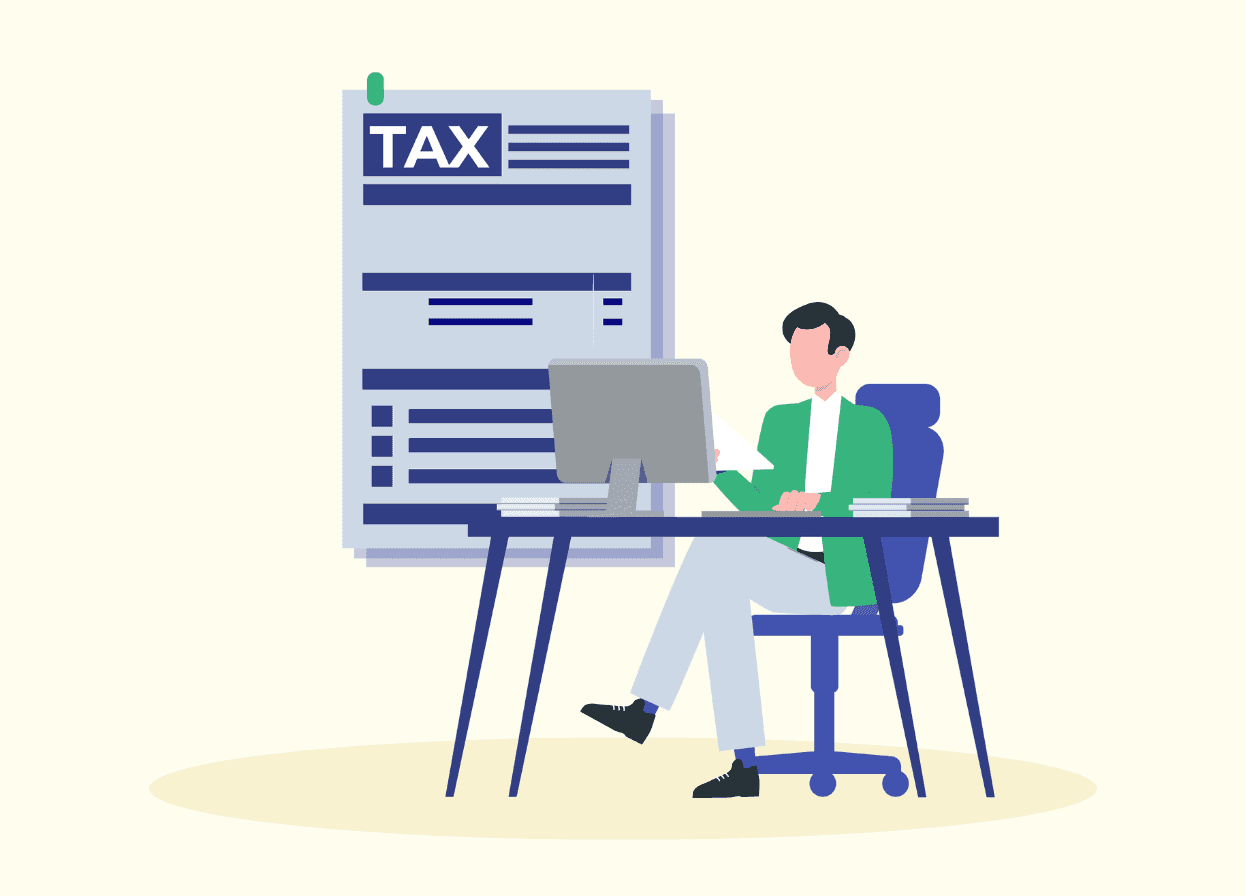How to Verify a Company’s Legitimacy as a Freelancer
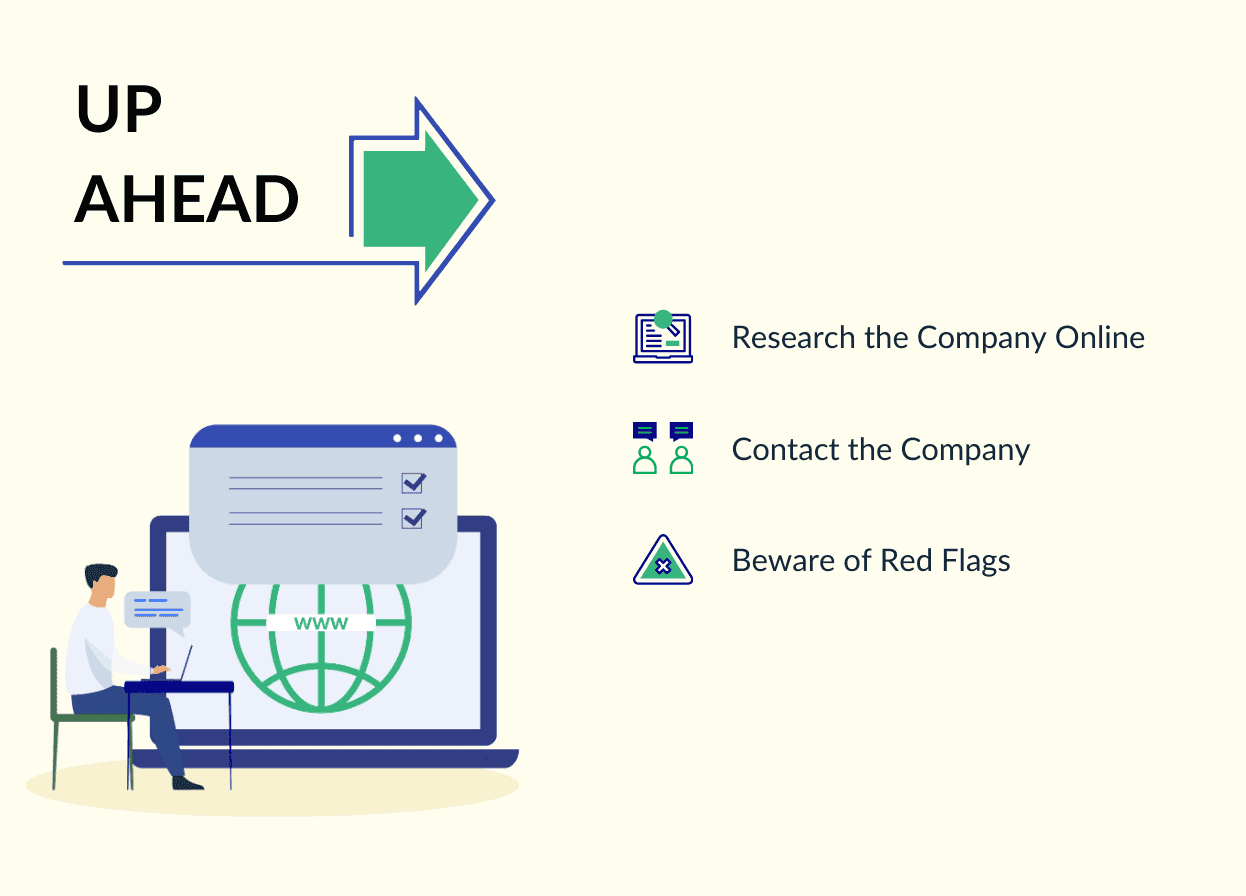

The world is no stranger to fraud or fake situations. As a freelancer, you may have been in situations where you agreed to work with a company and it turned out to be fake, resulting in financial loss.
The solution to ensure that you avoid such instances is to learn how to determine the legitimacy of a company before onboarding them.
This blog will help you learn about ways to review a company and ensure its legitimacy.
#1: Research the Company Online
Researching the company online gives the initial idea of the legitimacy of the company based on publicly available information. You can implement the following steps.
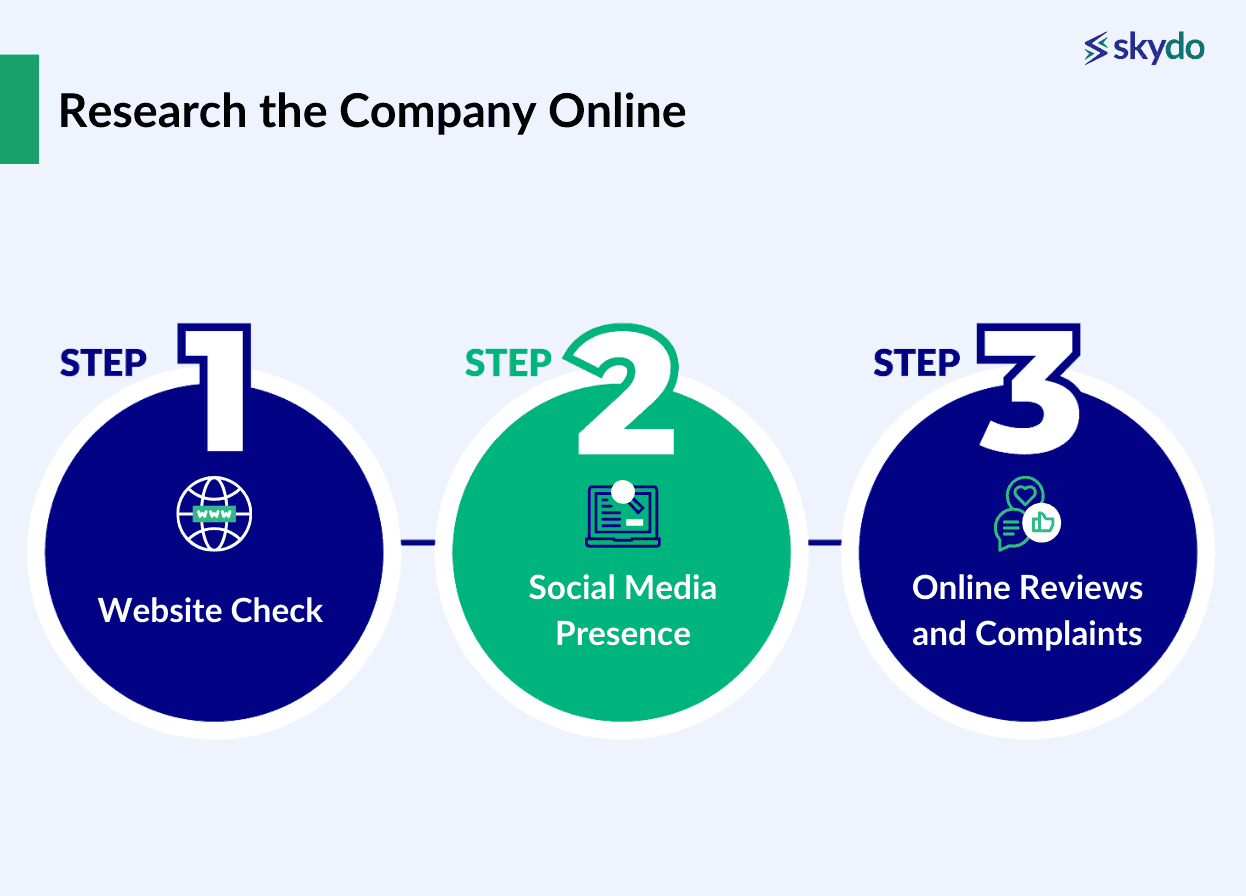
Step 1: Website Check
Most genuine companies begin their operations by creating a website that includes every piece of information one should know about the company.
Look for professional websites with clear information about the company, including its services and contact details. If the company belongs to a specific sector that requires licensing from a government department, ensure that you check that the company has a valid licence.
While checking the website, be aware of poorly designed websites or websites with no additional pages and generic content. You can use tools like Website Informer to get background information for a website review.
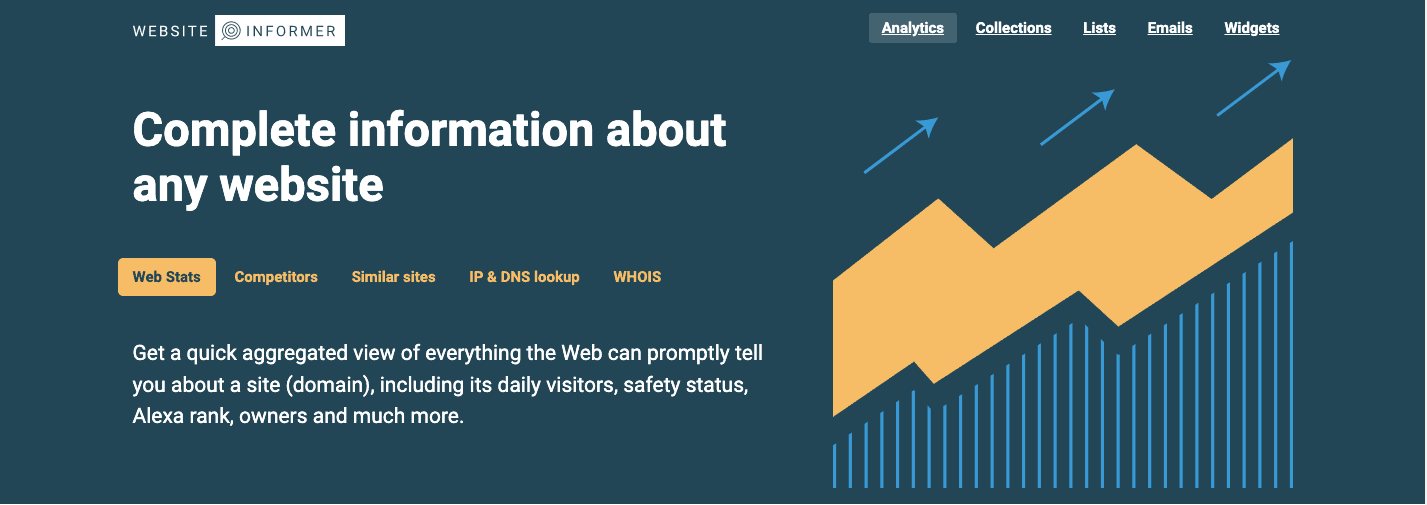
Step 2: Social Media Presence
Genuine companies do not shy away from posting about their services on platforms such as Facebook, Twitter, Instagram and specifically LinkedIn. If you do not find active pages on other social media platforms, you can search for the company on LinkedIn and look for people who work for the company.
If you do not find any company page on LinkedIn or an employee who has added the company name to their profiles, note it down as a red flag and continue researching other metrics of the company mentioned below.
Step 3: Online Reviews and Complaints
You can read and analyse employee and customer reviews by searching the company name on Google or feedback websites such as Glassdoor, Clutch, or the Better Business Bureau. These websites have specific sections to provide extensive information about the quality of the products and services, with reviews by current and past employees along with customers.
Since, as a freelancer, you will be working with the company, it is important to read reviews from past clients and employees to get insights into the company's work ethic and payment practices. If the company has a host of negative reviews directed towards its operations being scams or suspicious, it may be on the list of fake companies.
#2: Contact the Company
Contacting the company directly is a good step in this process. Here's how to do it effectively.
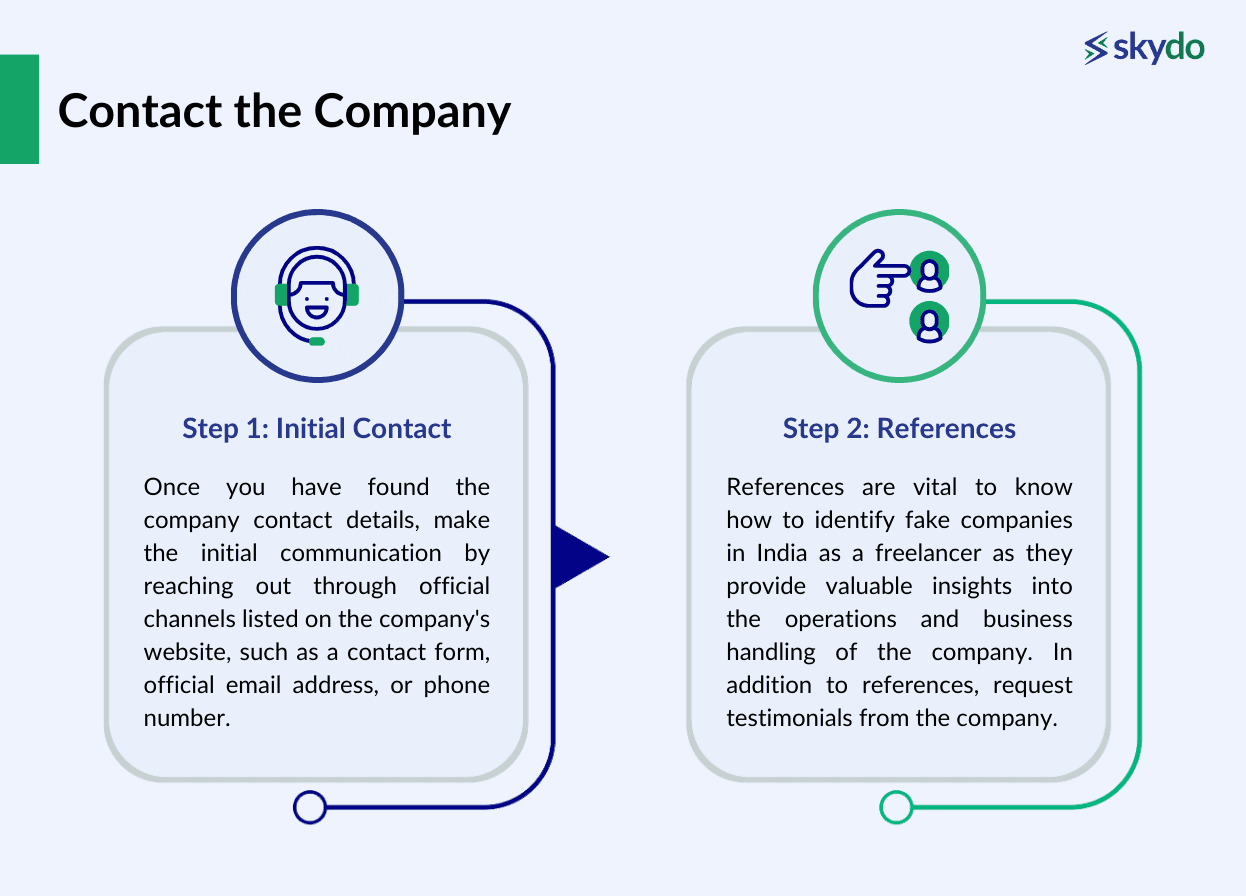
Step 1: Initial Contact
Be aware if the only contact information available is an email address with a generic domain (e.g., Gmail, Yahoo) rather than a company domain.
Once you have found the company contact details, make the initial communication by reaching out through official channels listed on the company's website, such as a contact form, official email address, or phone number. Avoid using contact details provided in unsolicited emails or messages, as these could be part of phishing attempts.
Before you make the initial contact, make a list of all the questions and queries about the company, its work process and the potential project you will be working on as a freelancer. Here, you can ask for assurances related to the payment cycle and the cost of the project. Furthermore, pay attention to the professionalism and responsiveness of their communication.
Step 2: References
References are vital to know how to identify fake companies in India as a freelancer as they provide valuable insights into the operations and business handling of the company.
You can also search for the company on LinkedIn and contact people who have worked for the company to ask for their experience and review as an employee. Experienced freelancers who have had bad experiences with companies ask for references if they aren’t satisfied with the company's legitimacy based on other metrics mentioned.
In addition to references, request testimonials from the company. Well-established businesses often have a collection of positive testimonials from satisfied clients.
Beware of Red Flags
Here are some of the red flags you should be aware of as a freelancer while onboarding a new company as a client:
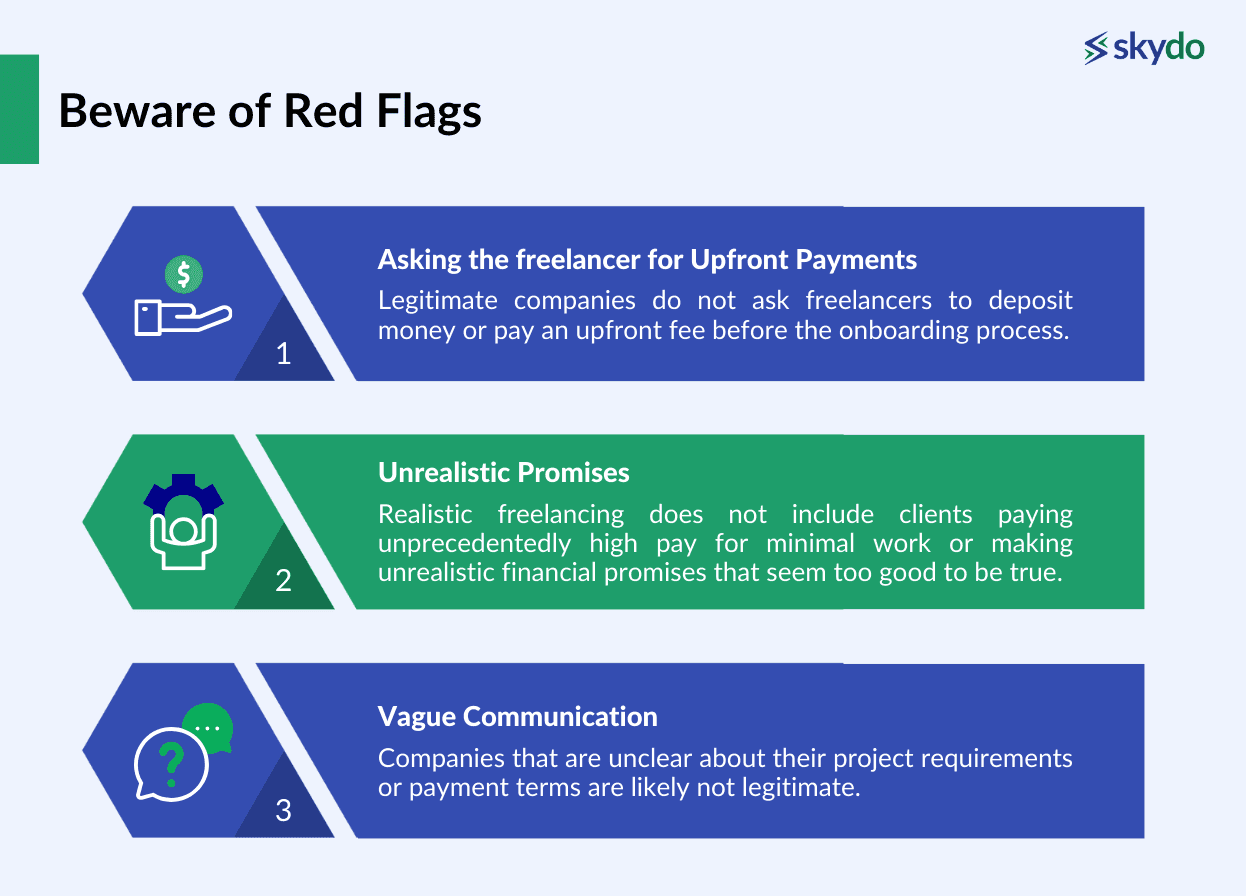
- Red Flag 1: Asking the freelancer for Upfront Payments
Legitimate companies do not ask freelancers to deposit money or pay an upfront fee before the onboarding process. As you are the service provider, the company must pay you without asking for any security deposit. Be aware of companies that ask for security deposits or specialised equipment purchases.
- Red Flag 2: Unrealistic Promises
Realistic freelancing does not include clients paying unprecedentedly high pay for minimal work or making unrealistic financial promises that seem too good to be true. Such companies may be fake or included in phishing freelancers.
- Red Flag 3: Vague Communication
Companies that are unclear about their project requirements or payment terms are likely not legitimate. Communication is key to creating a business synergy between a freelancer and a company. For the company to be legitimate, it should communicate everything about the company and the proposed project in detail.
Conclusion
Ensuring the legitimacy of a company is an essential step for freelancers to safeguard their time, effort, and resources. Freelancing offers numerous opportunities, but it also presents potential risks. By following a cautious verification process, freelancers can minimise the chances of falling victim to scams or fraudulent activities.
Freelancers can utilise verification resources such as The Freelancers Union, Upwork Support Center, and The Better Business Bureau to ensure you onboard a client after verifying the company’s legitimacy.
Contacting the company directly, checking for a transparent online presence, seeking references, and researching the company's background are key elements in this process. By employing these strategies, freelancers can make informed decisions, establish secure professional relationships, and contribute to the growth of their freelance careers.
FAQs
Q1. Is it always safe to work with companies that have positive online reviews?
Ans: Although it is always good for a company to have positive reviews, you should be aware if all the reviews are positive and framed over the top. If you see repetitive positive reviews or similar keywords or sentences, it could mean that the company has paid people to post positive reviews.
Q2. What should I do if I encounter a scam attempt?
Ans: If you encounter a scam, it is important to contact the relevant authorities, such as the cybercrime unit, to ensure you are financially and intellectually protected. You can report the scam to the website or platform where the initial contact occurred. Contact your bank if you've shared financial information or suspect potential financial harm.
Q3. What if I can't find any information about the company online?
Ans: If you can’t find any information online, double-check the contact information provided by the company. Ensure the email address, phone number, and any other contact details are correct. Attempt to contact them through different channels and ensure you get all the information you need to move forward.



